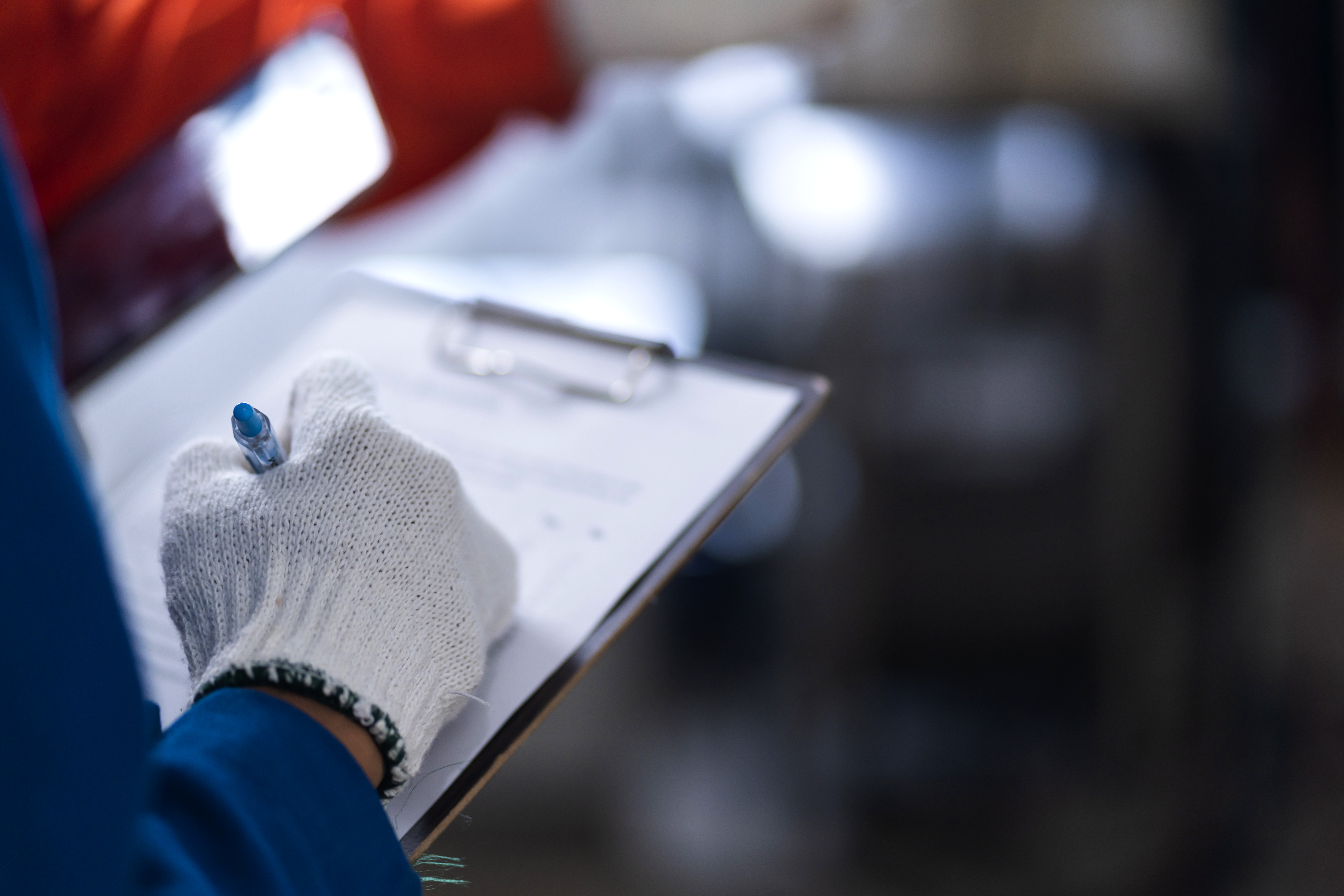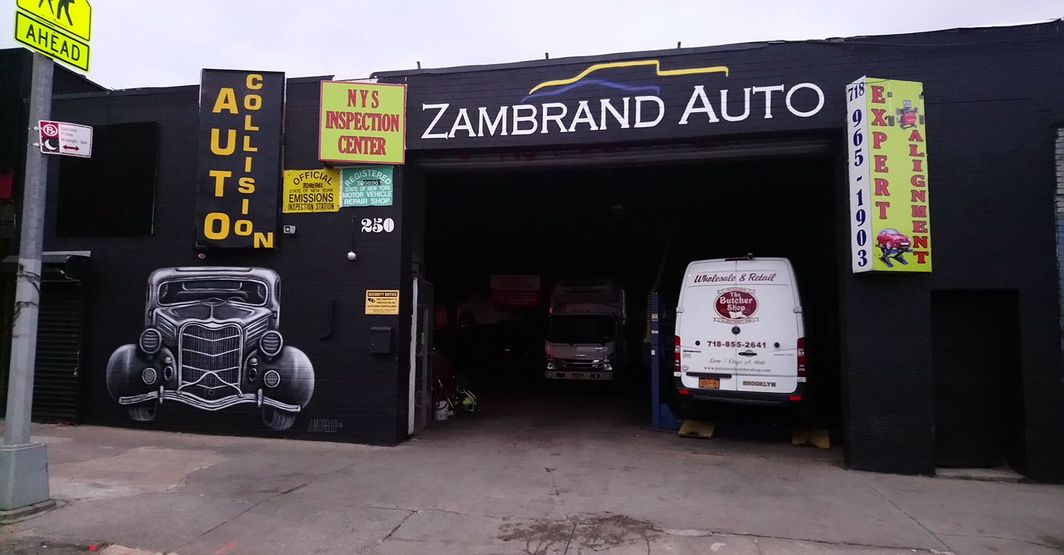How can we help you today?

Ensure your road safety with our brake service. We conduct thorough inspections, adjustments, and replacements to ensure that your braking system operates efficiently and reliably.
Brakes
Keep your vehicle's engine in top condition with our oil change service. We perform changes and replace filters to ensure efficient performance and the longevity of your engine.
Oil Changes
Optimize the stability and performance of your vehicle with our wheel alignment service. We adjust angles for smooth handling, improved fuel efficiency, and extended tire life.
Wheel Alignment
Stay compliant with legal and safety standards through our NYS inspection service. We verify your vehicle's adherence to regulations, ensuring it meets New York's roadworthy criteria.
NYS Inspection
Restore the appearance and structure of your vehicle with our bodywork service. We repair damages and restore the original aesthetics, providing a flawless look.
Body Work
Renew your vehicle's finish with our painting service. We use professional techniques to apply high-quality paint, enhancing aesthetics and protecting the surface.
Painting
Zambrand service offers
Auto Repair Services
you can count on!

Most Insurances Accepted:







CUSTOMERS BILL OF RIGHTS
FACTS YOU SHOULD KNOW
Customers... In the event of an auto accident it is your legal right to
select the collision shop that repairs your vehicle
...It's your choice
Vehicle Tips
According to recent studies, 5 percent of all motor vehicle fatalities are clearly caused by automobile maintenance neglect.
The cooling system should be completely flushed and refilled about every 24 months. The level, condition, and concentration of coolant should be checked. (A 50/50 mix of anti-freeze and water is usually recommended.)
Never remove the radiator cap until the engine has thoroughly cooled. The tightness and condition of drive belts, clamps, and hoses should be checked by a pro.
Change your oil and oil filter as specified in your manual, or more often (every 3,000 miles) if you make frequent short jaunts, extended trips with lots of luggage or tow a trailer.
Replace other filters (air, fuel, PCV, etc.) as recommended, or more often in dusty conditions. Get engine drivability problems (hard stops, rough idling, stalling, diminished power, etc.) corrected at a good shop.
A dirty windshield causes eye fatigue and can pose a safety hazard. Replace worn blades and get plenty of windshield washer solvent.
Have your tires rotated about every 5,000 miles. Check tire pressures once a month; let the tires cool down first. Don't forget your spare and be sure your jack is in good condition.
Check your owner's manual to find out what fuel octane rating your car's engine needs then buy it.
Keep your tires inflated to the proper levels. Under-inflated tires make it harder for your car to move down the road, which means your engine uses more fuel to maintain speed.
Lighten the load. Heavier vehicles use more fuel, so clean out unnecessary weight in the passenger compartment or trunk before you hit the road.
Use the A/C sparingly. The air conditioner puts extra load on the engine, forcing more fuel to be used.
Keep your windows closed. Wide-open windows, especially at highway speeds, increase aerodynamic drag and the result is up to a 10% decrease in fuel economy.
Avoid long idling. If you anticipate being stopped for more than one minute, shut off the car. Contrary to popular belief, restarting the car uses less fuel than letting it idle.
Stay within posted speed limits. The faster you drive, the more fuel you use. For example, driving at 65 miles per hour (mph) rather than 55 mph increases fuel consumption by 20 percent.
Use cruise control. Using cruise control on highway trips can help you maintain a constant speed and, in most cases, reduce your fuel consumption.
Keep your engine tuned. A fouled spark plug or plugged/restricted fuel injector can reduce fuel efficiency by as much as 30 percent.
Inspect the engine's belts regularly. Look for cracks or missing sections or segments. Worn belts will affect the engine performance.
Have the fuel filter changed every 10,000 miles to prevent rust, dirt, and other impurities from entering the fuel system.
Change the transmission fluid and filter every 15,000 to 18,000 miles. This will protect the precision-crafted components of the transmission/transaxle.
Inspect the suspension system regularly. This will extend the life of the vehicle's tires.